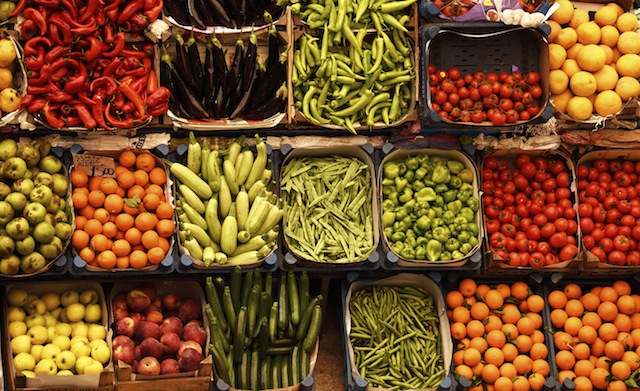The Mediterranean diet may be the best when it comes to overall health, but keeping up with it can kill your wallet if you don’t have a high income.
A new study by researchers at Italy’s Istituto Neurologico Mediterraneo Neuromed I.R.C.C.S. found that the diet, inspired by traditional Italian, Spanish and Grecian fare, is so pricey that only the people with higher incomes and education can afford all the ingredients needed to keep up with it.
For the study, researchers observed over 18,000 citizens living in Italy’s Molise region to learn how genetics and the environment impact cancer, cardiovascular disease and other degenerative pathologies impact them. What they found was startling: overall, people who regularly kept to a traditional Mediterranean diet — seafood, olive oil, vegetables, fruits and cereals — were about 15 percent less likely to develop cardiovascular disease over the course of four years.
However, the researchers found that those benefits only translated to people earning an income of at least 40,000 euros ($47,000) or those with a postsecondary education. The average household income in Italy is $25,004 a year, according to the OECD Better Life Index.
“For the first time our study has revealed that the socioeconomic position is able to modulate the health advantages linked to Mediterranean diet,” said Marialaura Bonaccio, researcher at the Department of Epidemiology and Prevention and first author of the study.
“In other words, a person from low socioeconomic status who struggles to follow a Mediterranean model, is unlikely to get the same advantages of a person with higher income, despite the fact that they both similarly adhere to the same healthy diet.”
Bonaccio also said that the differences could be because richer and more educated people were able to eat a wider variety of fruits and vegetables or use healthier cooking methods — like boiling and stewing — to cook instead of frying or roasting.
The study, like previous research, shows that maintaining a healthy diet is vital, but unequal access — brought on by factors like income and food deserts — can create a large divide in health among people, leading to larger economic impacts like increased healthcare costs. The key the, according to one researcher, is for governments to find ways to level the playing field, food-wise, so people of all socioeconomic backgrounds can have the same access to healthy food.
“We cannot [keep saying] that the Mediterranean diet is good for health if we are not able to guarantee an equal access to it,” Giovanni de Gaetano, director of the Department of Epidemiology and Prevention at Neuromed, told The Telegraph.





















